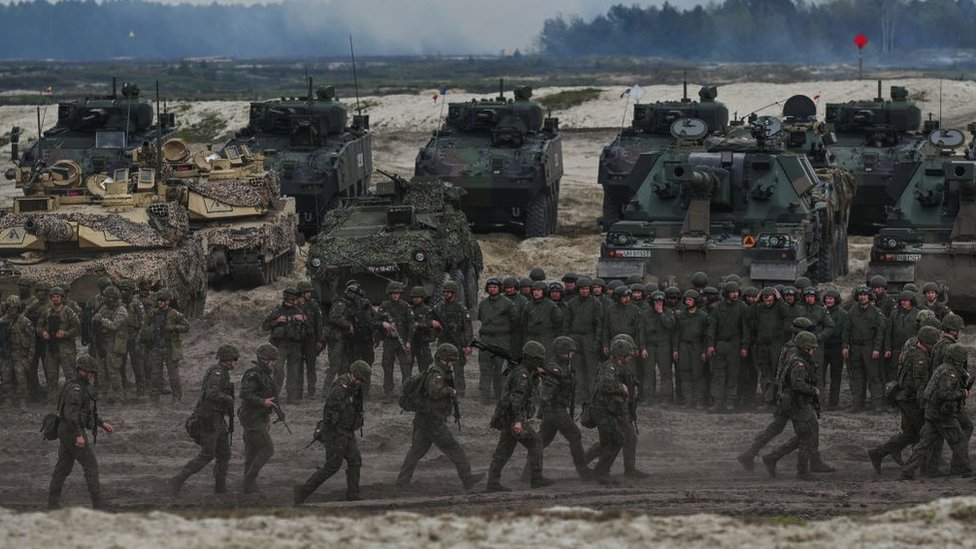For two years, European countries have repeatedly refused to supply Ukraine with certain military aid, arguing that, in this way, they can become a party to the war, which Russia can attack. The last time Olaf Scholz made a similar statement was when he refused to provide Kyiv with Taurus missiles. However, most citizens do not understand whether there are clear norms for the country to begin to be considered another party to the conflict. It is worth figuring out whether this issue lies in the legal or political plane.
As for the same German missiles, the aggravating factor was the interception of a conversation between German officers, during which they discussed in detail which objects Ukraine could use the missiles against. Russian propaganda presented this as evidence of German plans to attack Russian (actually occupied Ukrainian) territories. The Kremlin does not emphasize that Olaf Scholz refused to provide this weapon. The fact that the discussion concerned precisely how not to become a third party to the war is also kept silent.
What do you need to know?
The concept of “third party” is generally vague and imprecise. This is what you can call a country that directly intervenes in hostilities. Those situations that exist now do not fall under this definition. For example, the supply of systemic complex weapons requires the deployment of soldiers in a belligerent country. This is how the military of the Bundeswehr and Great Britain operates in Ukraine. At the same time, NATO is not involved at all.
Let’s figure out when a third country becomes a belligerent country. During the Second World War, an official declaration of war was used for this. Now, it is almost not practiced anymore. Therefore, there are no clear legal rules.
Qualified opinion
Wentker, an expert in international law at the Heidelberg Institute, highlights the following two points:
– Direct connection with combat operations. That is, operations carried out by forces or with the participation of a third party cause concrete damage to the enemy.
– Close coordination with military operations of a state, supported by a third party.
Simply supplying weapons or training the military does not fall into this classification. Moreover, even the deployment of European ground troops in Ukraine, as Macron recently stated, does not make NATO a party to the war. What matters is what tasks they perform, not where they are located. The only thing is that such a location makes them the object of attacks and thus, contributes to their involuntary involvement in the conflict.
So, nowadays, all discussions about the fear of becoming a third party are purely political and result from diplomacy and internal political games.


